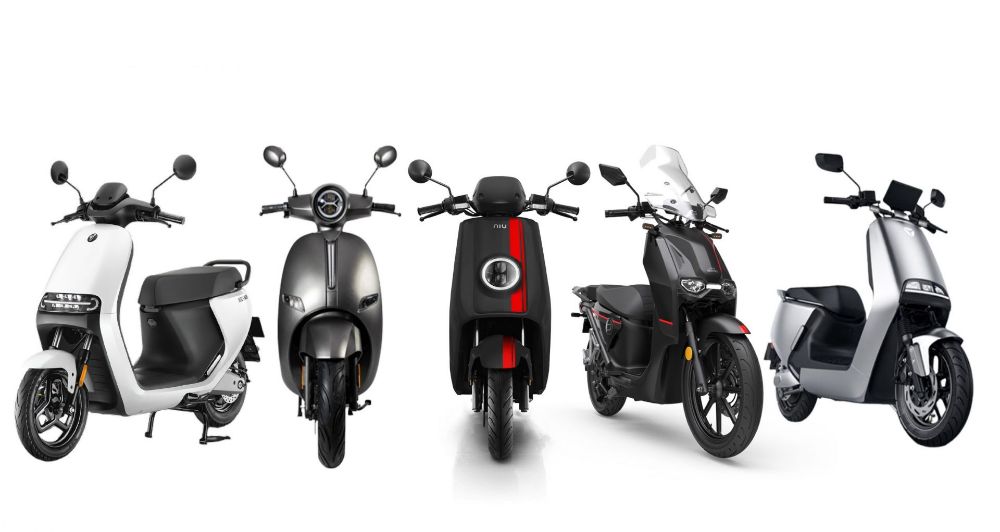
Electric Vehicles are the future of this ever evolving globe. The new potential buyers of EV’s are rigorously increasing day by day, with a very high growth prospect. Looking at the sky rocketing fuel prices and alarming pollution level concerns all around the world, people have been jumping through the range of purchase decisions and options. Electric vehicles have had their share of buyers' contemplation over what to purchase, why to purchase, the beneficial attributes of the purchase and more. There are some visible pros and cons of an Electric Vehicle that may be a guideline to the ones looking through the possible options.
PROS:
The paramount of gains in opting to purchase an Electric Vehicle include incurring low operation costs. An electric two wheeler claims to save upto Rs.5000 on monthly fuel cost on an average. Supporting the low cost streak, the maintenance cost of an EV is considered comparatively lower than the normal fuel injected vehicles as they do not possess a fuel operated engine that requires regular maintenance. With improved taxation policies on the electric vehicles abiding by the 2078/79 budget of Nepal, there are added tax benefits to electric vehicle users. The necessity to maintain an environment conscious image, the new buyers are turning towards purchasing more environment friendly vehicles, ultimately the electric vehicles. Being conscious about the increasing pollution levels and vehicle emission, consumers are contributing towards lower carbon emission and pollution control, by reducing the usage of petroleum products.
CONS:
Looking into the negative aspect, the advantages of an electric vehicle are mostly overshadowed by its cons that demotivates a potential EV buyer. The cost of purchasing a fuel injected scooter and an electric scooter are relatively similar, which can create an issue of whether or not to make such an investment in a country like Nepal where the growth prospect is not visibly increasing. The lack of infrastructure such as charging stations, service stations and help centers are scarce in the Nepali market. The drive range is limited to intra-city travels and definitely not for long drive on the highway, especially due to lack of the required infrastructure. The lifespan of an average electric scooter is predicted to be 1 to 3 years according to the batteries and its appliances, with a range of 3000 to 10,000 miles through its lifetime. In the long run, due to gradual reduction in the life of the scooters battery, the longevity usage of the electric scooters are comparatively low. The charging time of EV’s at one’s home can take between 3 to 12 hours to fully charge from 0% to 100%, which can be a time constraint for commuters. Thus, the decision to purchase an electric vehicle highly depends upon a buyer's capability to fully devote their time, money, infrastructure and dedication towards maintaining a green identity

























